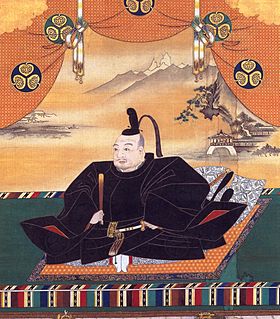A Quote by Dalai Lama
The most important benefit of patience consists in the way it acts as a powerful antidote to the affliction of anger.
Related Quotes
The most important benefit of patience consists in the way it acts as a powerful antidote to the affliction of anger - the greatest threat to our inner peace, and therefore our happiness. The mind, or spirit, is not physical, it cannot be touched or harmed directly. Only negative thoughts and emotions can harm it. Therefore, only the corresponding positive quality can protect it.
Karma is the beginning of knowledge. Next is patience. Patience is very important. The strong are the patient ones, Anjin-san. patience means holding back your inclination to the seven emotions: hate, adoration, joy, anxiety, anger, grief, fear. If you don't give way to the seven, you're patient, then you'll soon understand all manner of things and be in harmony with Eternity.
The strong manly ones in life are those who understand the meaning of the word patience. Patience means restraining one's inclinations. There are seven emotions: joy, anger, anxiety, adoration, grief, fear, and hate, and if a man does not give way to these he can be called patient. I am not as strong as I might be, but I have long known and practiced patience. And if my descendants wish to be as I am, they must study patience.
Anger cannot be overcome by anger. If someone is angry with you, and you show anger in return, the result is a disaster. On the other hand, if you control your anger and show its opposite - love, compassion, tolerance and patience - not only will you remain peaceful, but the other person's anger will also diminish.
Christians ought to suspect that affliction is the very essence of creation. To be a created thing is not necessarily to be afflicted, but it is necessarily to be exposed to affliction. ... Affliction is the surest sign that God wishes to be loved by us; it is the most precious evidence of His tenderness.
Balance and control come from healthy anger. This is just as aggressive as the unhealthy kind. But it is based on a belief and hope for change in social roles and institutions. Healthy anger demands change and creates the confrontations needed for change to occur. It also gives the other an opportunity to help make that change. “Our task, of course, is to transmute the anger that is affliction into the anger that is determination to bring about change. I think, in fact, that one could give that as a definition of revolution.






































